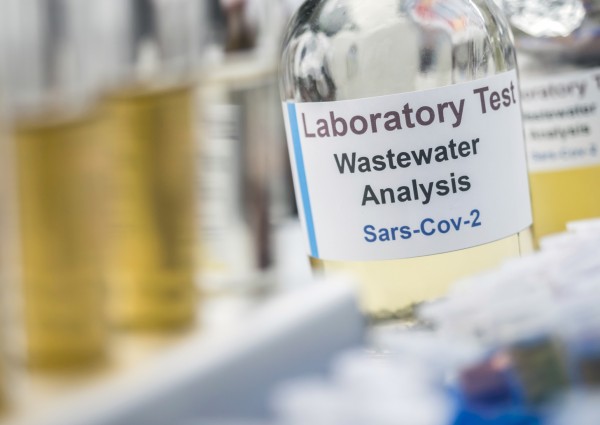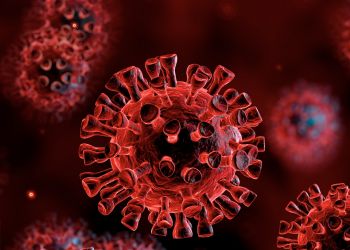When the COVID-19 virus was first detected in Tempe, Arizona, the local government was prepared to track and respond to the novel pathogen. Unlike some jurisdictions, Tempe does not have its own public health department. Rather, they partner with neighboring Maricopa County for epidemiological support and other public health services. Much of the local Tempe pandemic response is run through Fire Medical Rescue, which offers a range of comprehensive services to best meet the community’s needs, some of which may not typically be associated with a fire department.
One of the most innovative public services in Tempe is the city’s wastewater surveillance system. The collaborative process used to develop this system, and the community outreach needed in order to successfully implement it, meant that a good working relationship between the local government and the community was already in place prior to the start of the pandemic. When first testing the wastewater surveillance system, the Tempe local government engaged the local community through townhall meetings. Building trust among community members was a key component to the system’s eventual implementation and success.
This trust between the local government and the community also means that Tempe can use granular health data to support a number of other key public health and safety services. For example, the city can coordinate with the fire department and hospitals to ensure that patients can be tracked from their first 911 call all the way through to their discharge from the ICU. The staff in Tempe emphasized that while their systems do rely on some specialized technology and advanced data infrastructure, it would never have been possible to develop this comprehensive approach to public health and safety without first establishing good relationships across the local government and within the local community itself.
During the COVID-19 response, the focus in Tempe has been to focus on places where people frequent. Testing pods were set up at the local hardware store to provide convenient access. As vaccines became widely available in 2021, Tempe established a program to address vaccine hesitancy. This effort has been made possible through relationships with local organizations. For example, by working with the Aris Foundation, an organization providing services for the unhoused, the team in Tempe has been able to reach some of their most vulnerable residents, talking to them about the benefits of vaccination and helping them get a vaccine when they are ready. In some cases, relationships with external organizations were formalized using tools such as memorandums of understanding to support data sharing. In addition, Tempe has applied for, and received, grant funding to support expanded activities.
Other key relationships that helped Tempe respond to the COVID-19 pandemic include the following.
Data. The team in Tempe views their relationship with data as an integral part of their response. Their datasets have driven interdepartmental relationships as each department must ensure their datasets are compatible with others, and that the data generated from one department can be accurately interpreted by staff in another.
State epidemiologists. Tempe’s local government began working closely with the state epidemiologist when developing their wastewater surveillance program. State epidemiologists can be an important resource for creating connections among counties and supporting a coordinated response. Standing meetings with state-level staff provided an opportunity to exchange contacts, data, and ideas. A statewide community of practice has also been a valuable avenue for collaboration during the pandemic response.
Academic partnerships. The City of Tempe has worked with Arizona State University previously. They support the wastewater testing system in Tempe. During the pandemic, the university helped set up saliva testing pods to screen for COVID-19 at a point when PCR and antigen testing were mostly unavailable.
Local health care organizations. The local government in Tempe has an established relationship with Mountain Park Health, a local healthcare organization. This relationship has helped Tempe reach some of the more vulnerable populations that Mountain Park Health serves. As a result, the local government was able to set up vaccination clinics to better reach historically under-resourced communities.



